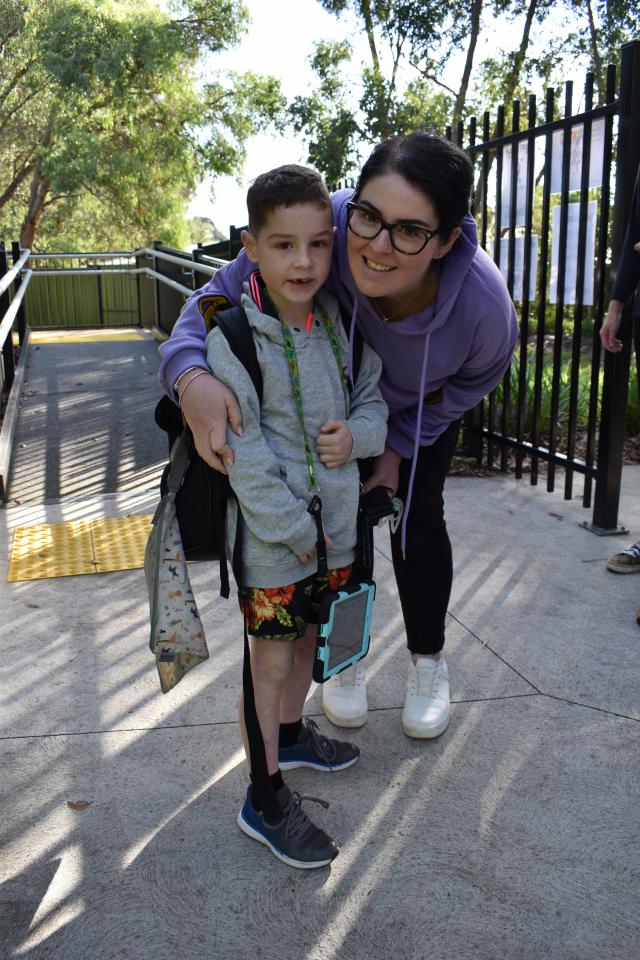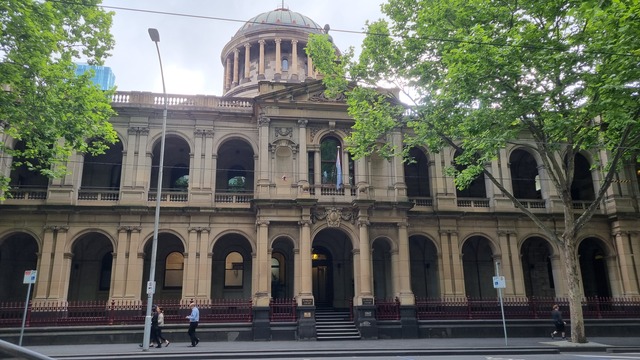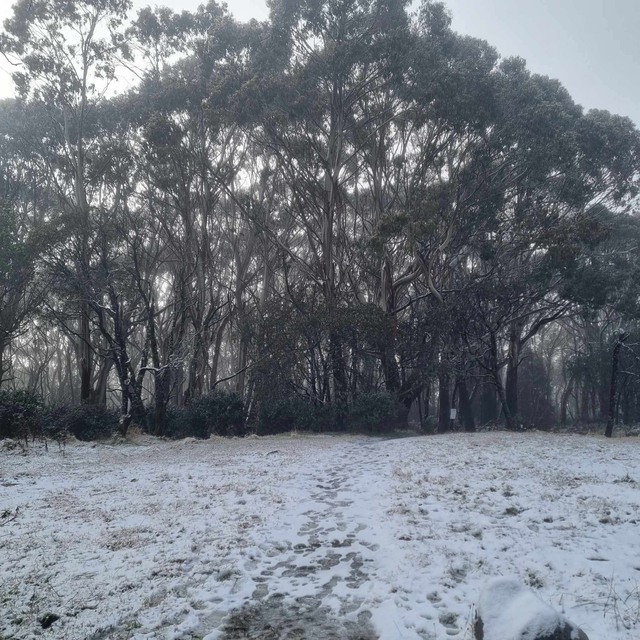Coldstream’s Lyrebird College kicked off World Autism Month with a celebration by students and staff after World Autism Acceptance Day on 2 April.
Students wore bright colours instead of uniform on Monday 3 April, in line with the theme of colour.
Sharryn Veto is a teacher at the school, she has a Masters in Autism Studies and is a behavioural support specialist and is very proud to be participating in the awareness month.
“No matter where you lie on the spectrum, you can learn and have the right to learn,” she said.
Staff wore shirts promoting inclusion, acceptance and understanding to raise awareness for the autistic community.
Ms Veto feels like public knowledge and compassion of autism is still largely limited to people who either have children or family members on the spectrum.
“As much as we’re trying and we are absolutely moving forward, there’s still a lot of ignorance around autism and there’s still a lot of misnomers about what it is and what it means,” she said.
The awareness month is important for students, staff and families alike and Ms Veto sees the benefits to people having more knowledge about autistic people.
“It translates into compassion and understanding and less about the assumptions that we make based on behaviours that we can physically see,” she said.
“You can’t see autism, so to be able to understand that you can’t always see it and because you can’t always see you can’t make judgements.”
Parent of Logan, Steven Handbury, wants more awareness partly to help parents who are going through the process of getting their children diagnosed.
“The ability to pick it up sooner and the ability to get the right support structure involved very early on makes a huge difference,” he said.
Principal Julie Kugler wants her students to receive equity and education in the community in years to come, which is about providing what a person needs and not just providing the same for everyone.
“The more we’re able to broaden society’s understanding of autism, the better people are able to accept and understand the neurodiverse individuals in our community,” she said.








